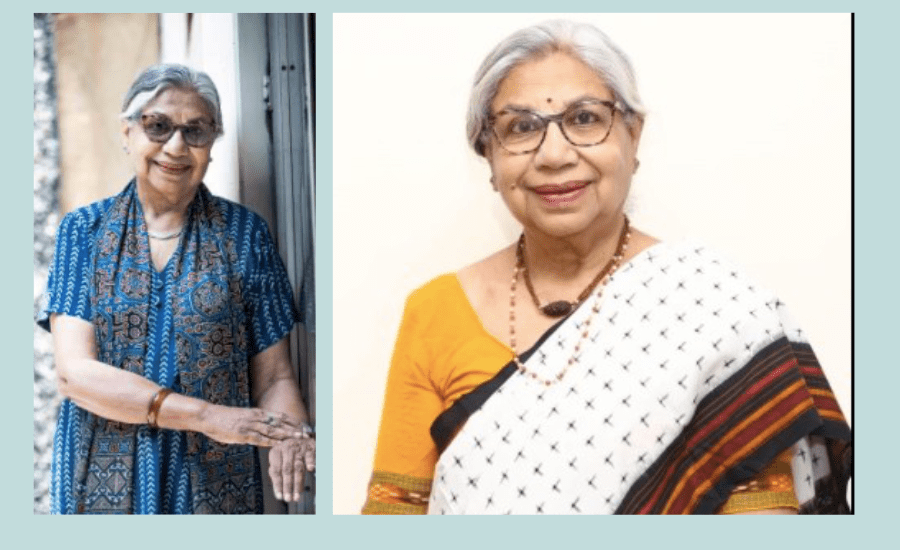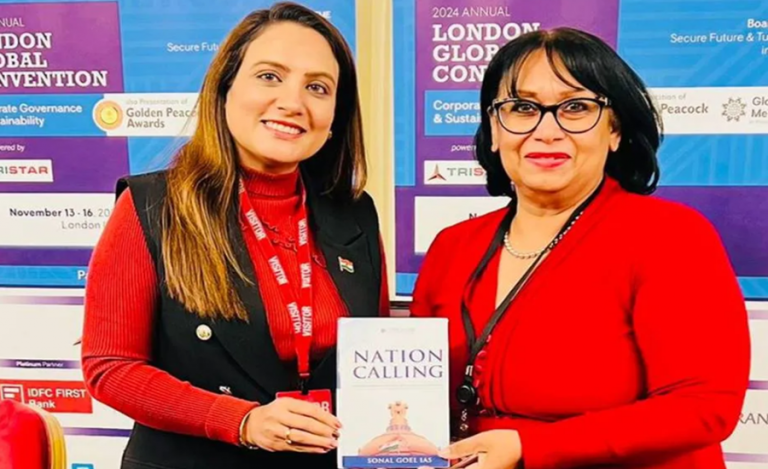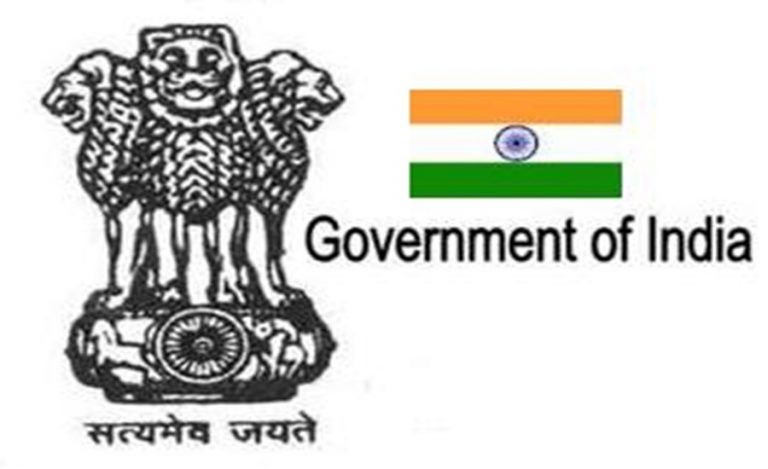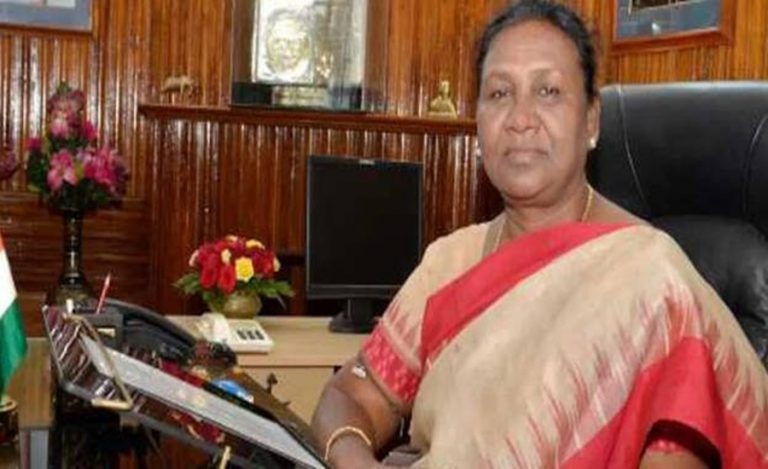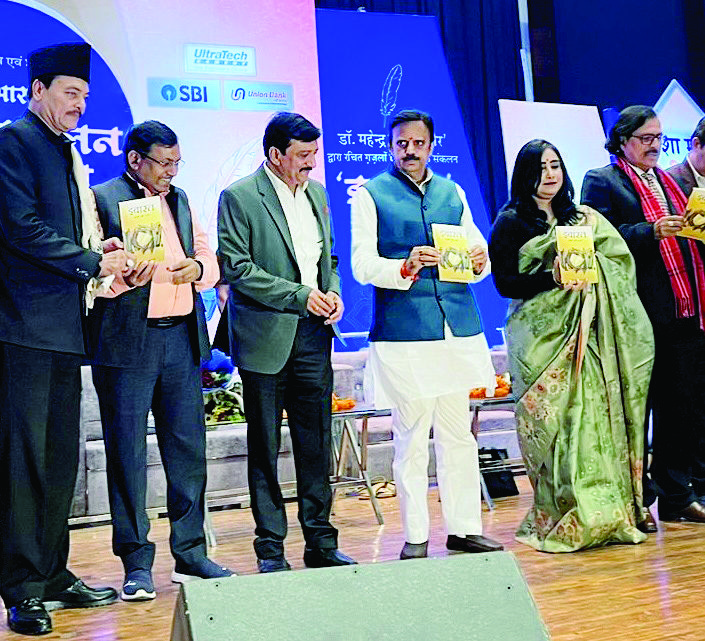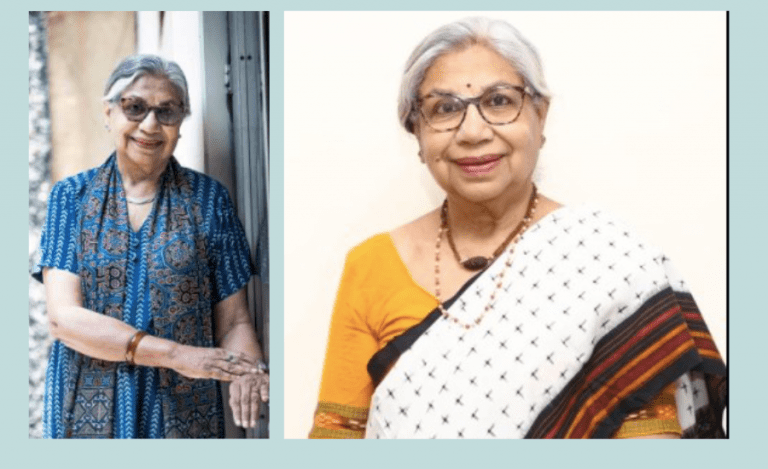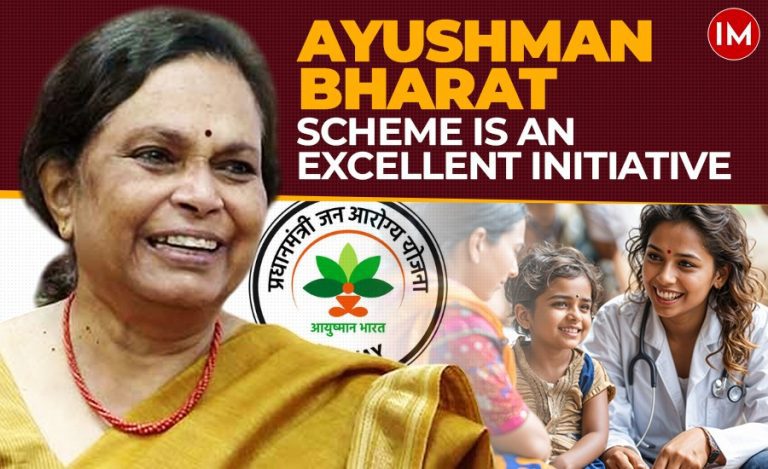Shailaja Chandra, a trailblazer in Indian bureaucracy, etched her name in history as the first female Chief Secretary of Delhi. Her journey from a young girl inspired by a brother’s comment to a highly decorated IAS officer of the 1966 batch is nothing short of extraordinary. Chandra dedicated over a decade to revolutionizing the health sector, serving as Secretary in the Department of Indian Medicine under the Ministry of Health and Family Welfare (1999–2002). Her tenure was marked by bold initiatives that advanced public healthcare and elevated the role of traditional medicine in India.
A Remark That Changed Everything
Motivation can come from the unlikeliest sources. For Shailaja Chandra, it was a comment from her brother that spurred her to take up the daunting challenge of the UPSC exams. This defining moment set her on a path that would lead to one of the most distinguished careers in Indian public administration.
Watch the conversation here:
The Formative Years: Training and Early Experiences
Shailaja Chandra’s training days in the Indian Administrative Service (IAS) were a whirlwind of learning and adaptation. Each posting became a crucible that honed her skills and strengthened her resolve to make a meaningful difference in governance. These foundational years instilled in her the values of transparency, efficiency, and accountability.
A Legacy of Citizen-Centric Governance
As Chief Secretary of Delhi, Chandra spearheaded the Bhagidari initiative—a groundbreaking government-citizen partnership that enhanced transparency and accountability. The program earned the prestigious United Nations Public Service Award, a testament to her innovative approach to governance.
She also oversaw the introduction of the world’s largest fleet of CNG buses, significantly reducing pollution in Delhi. This initiative earned the International Clean Cities Award, showcasing her commitment to sustainable development.
A New Chapter Post-Retirement
After retiring, Shailaja Chandra became the chairperson of the Public Grievances Commission, where she actively engaged with NGOs, the media, and the public. This role deepened her understanding of grassroots challenges, inspiring her to write candidly about the realities of governance and public service.
In 2006, she became the first executive director of the National Population Stabilisation Fund, where she advocated for population control and gender equality. Her impactful articles on these issues earned her a special award from Ladli-UNFPA for her advocacy.
Championing Governance and Education
From 2009 onward, Chandra expanded her influence by focusing on governance, education, health, and gender equity. She chaired multiple boards and committees across the public and private sectors, contributing to transformative policies and programs.

